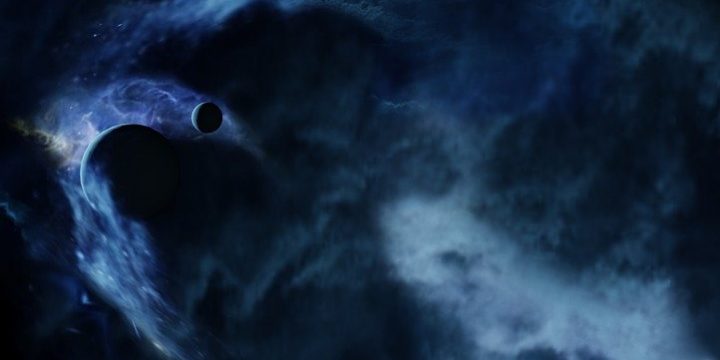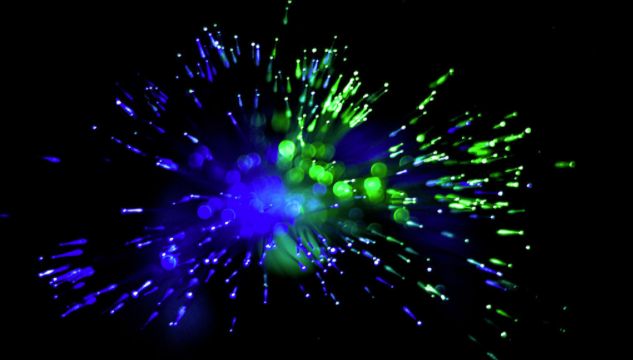Uncertainty in Astrochemistry: An Interview with Marie Gueguen
Marie is an alumnus of the Rotman Institute and the New Directions project, who completed her doctorate under the supervision of Chris Smeenk in 2019. She was recently awarded a Marie Skłodowska-Curie Actions (MSCA) Individual Fellowship (IF) grant by the European Commission. Her unique project will embed her in a research group working with molecular physicists and astrochemists--one of the first ever collaborations between a philosopher & scientists working in France. We asked Marie to complete this brief interview with us to tell us about a bit more about the exciting research she'll be conducting & what she hopes to achieve with this innovative project. This interview was first published on the Rotman Institute of Philosophy Blog First, congratulations on the Marie Curie Fellowship you’ve just been awarded! Your project…


